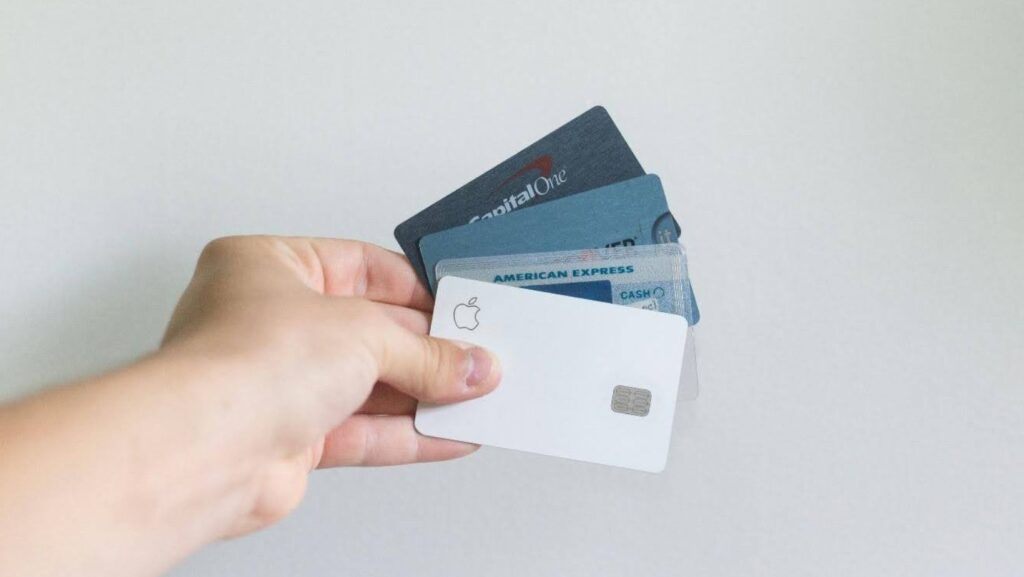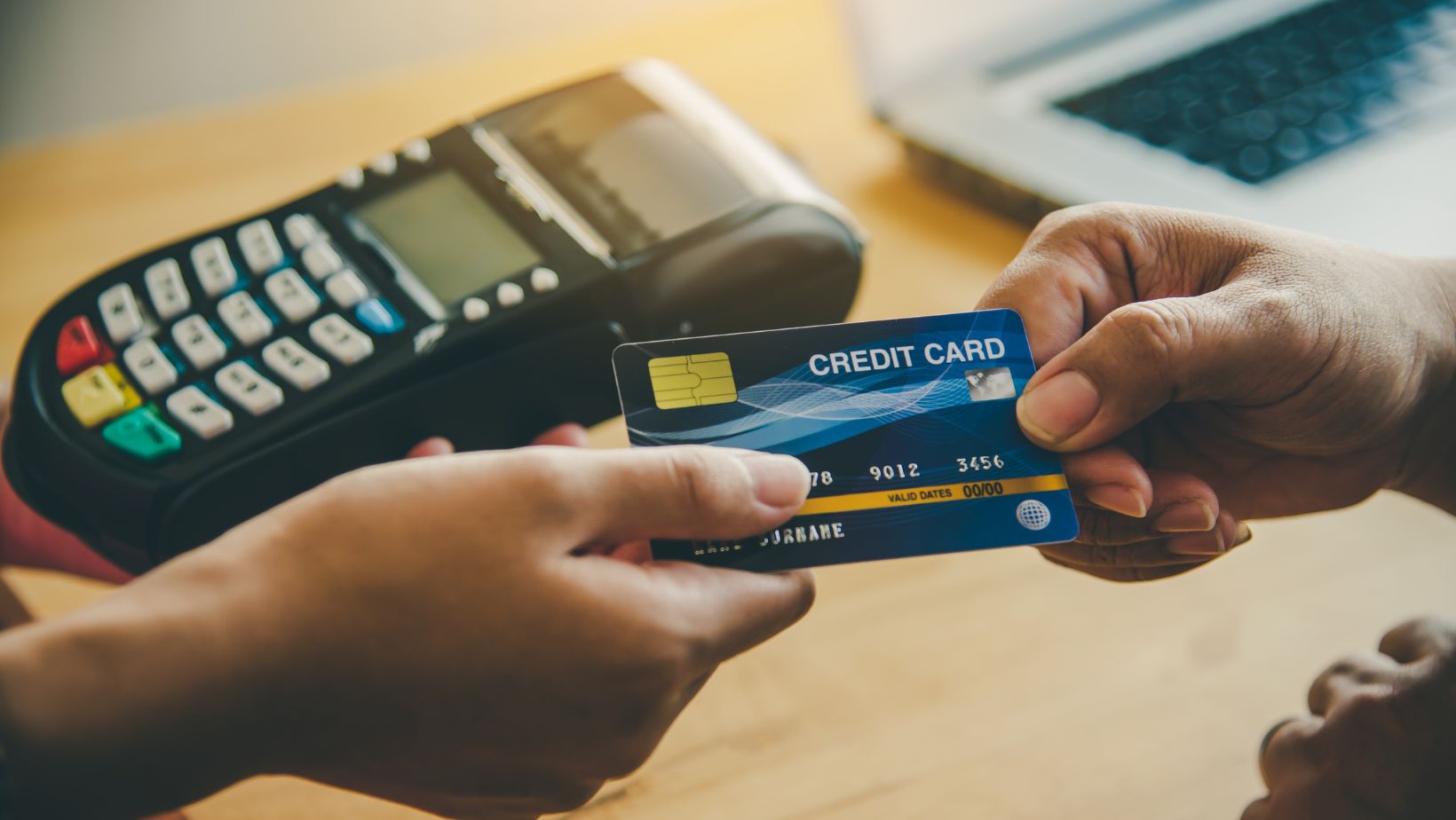Most people aren’t afraid of credit. They’re afraid of getting it wrong.
One wrong decision (a high-interest card, a missed payment, a poorly timed loan) and suddenly you’re not building credit. You’re patching holes. The irony is that credit is supposed to offer freedom. Flexibility. Breathing room. But it only does that if you actually understand what you’re borrowing against.
And most people don’t.
When Credit Becomes a Tool, Not a Trap
Credit itself isn’t predatory. It doesn’t come with claws. What makes it dangerous is how casually people use it. Swiping for things they can’t afford to pay back. Treating credit limits like free money. Ignoring interest rates because it’s “just for now.”
Except “just for now” is exactly how balances metastasize.
Credit, when used deliberately, is a tool. A buffer between you and financial unpredictability. But only if you choose the right tool in the first place.
Line of Credit vs Credit Card
This is where it gets murky. People lump all credit under one emotional umbrella. Guilt. Anxiety. Fear of decline. But not all credit is structured the same way or meant for the same purpose.
Choosing a line of credit vs credit card isn’t just about preference. It’s about what the money needs to do. Lines of credit usually offer lower interest rates, flexible repayment schedules, and draw-as-needed access. Credit cards, while easy to use, can snowball fast if mismanaged. Fora offers a straight comparison that makes the differences easy to understand.
The question isn’t which is more accessible. The question is which one aligns with your actual needs.
Emergencies Require Credit. Impulses Do Not.
You don’t need credit for a sectional couch on clearance. Or to chase flight deals. What you need it for is when the furnace breaks in January. When your tooth cracks and the dentist won’t wait. When your client needs the project tomorrow and your laptop just died.
Credit should not be the plan. It should be the fallback when the plan goes sideways.
Minimum Payments Keep You Poor
Credit cards are designed to reward inertia. Make the minimum payment, and the bank profits. Miss it, and the interest compounds. Either way, you lose. Minimum payments are not a strategy. They are a stall tactic disguised as responsibility.
Paying just enough keeps the debt alive, and the balance quietly grows while you feel like you’re doing something about it. You’re not.
Interest Rates Are the Real Product
The flashy rewards, the sign-up bonuses, the platinum tiers…all of that is marketing. The real product is the interest rate. That’s where the profit happens. If you’re not paying attention to the rate, you’re the business model.
Compare the APR of your credit card to that of a personal line of credit. The difference isn’t small. It’s the reason most balances never shrink.
Your Credit Limit Is Not Your Budget
A credit limit is a liability ceiling, not a spending suggestion. But people treat it like found money. If your limit is five thousand, it doesn’t mean you have five thousand. It means someone is willing to let you risk five thousand of their money, at your expense.
You are the risk. And the longer you carry a balance, the more profitable that risk becomes.
Credit Without a Plan Is a Shortcut to Regret
People apply for credit because they need it. People regret credit because they never asked why they needed it in the first place. If you can’t map out how and when you’ll repay it, you don’t need a loan. You need to pause.
Credit used without a plan becomes a crutch. Crutches are helpful when you’re healing. But if you’re still using one a year later, the problem isn’t your leg. It’s your approach.
Not All Debt Is Survival Debt
There’s a difference between using credit to survive and using credit to pretend you’re thriving. The problem is, both look the same on a bank statement. Retail therapy, fast fashion, streaming subscriptions stacked six deep…these are not emergencies.
But the interest is still real. And so is the shame spiral that follows. Don’t let temporary status symbols become permanent financial scars.
Final Thought: Borrow Like You Actually Want to Pay It Back
Fear keeps people from learning. Respect keeps people from repeating mistakes. When you treat credit as something earned and maintained, not gifted and spent, you stop asking, “Can I get approved?” and start asking, “Does this make sense long-term?”
That’s the only question credit was ever meant to answer.



More Stories
Pressure Washing & Exterior Cleaning: The Simple Way to Refresh Your Property
The Ideal Brands to Help You Unwind and Overcome the Pressure of Home Renovations
5 Steps to Design Your Own Landscaping Plan